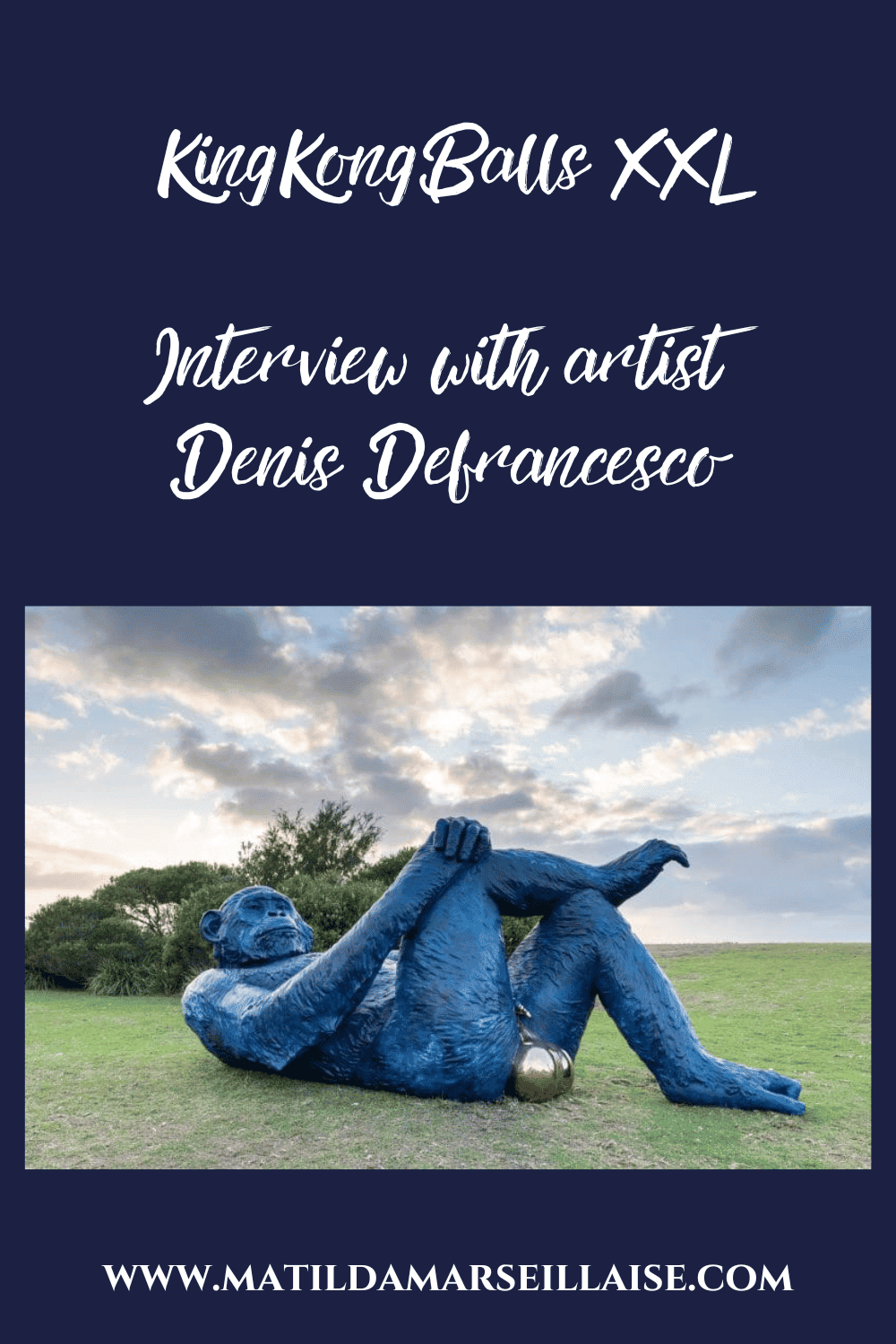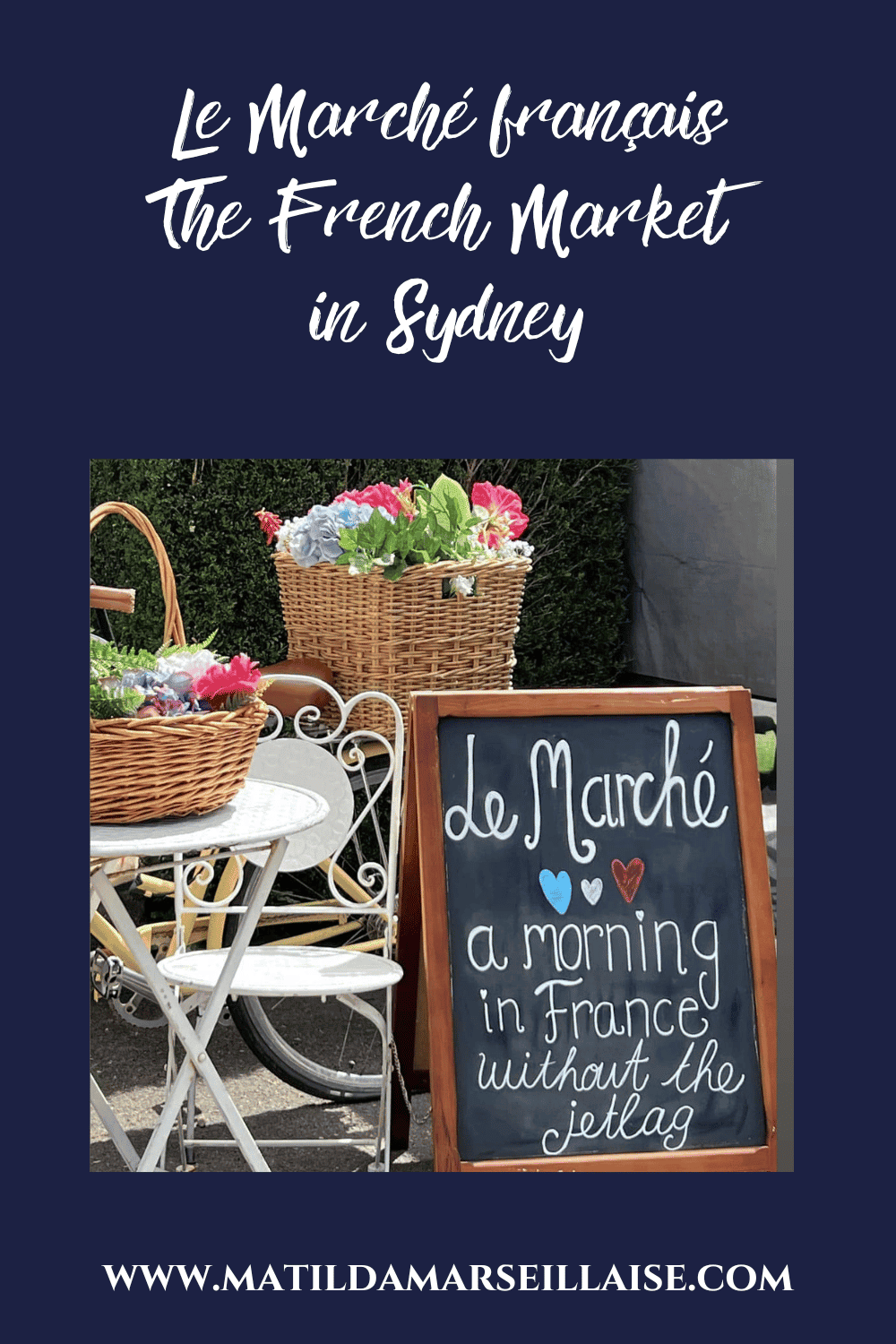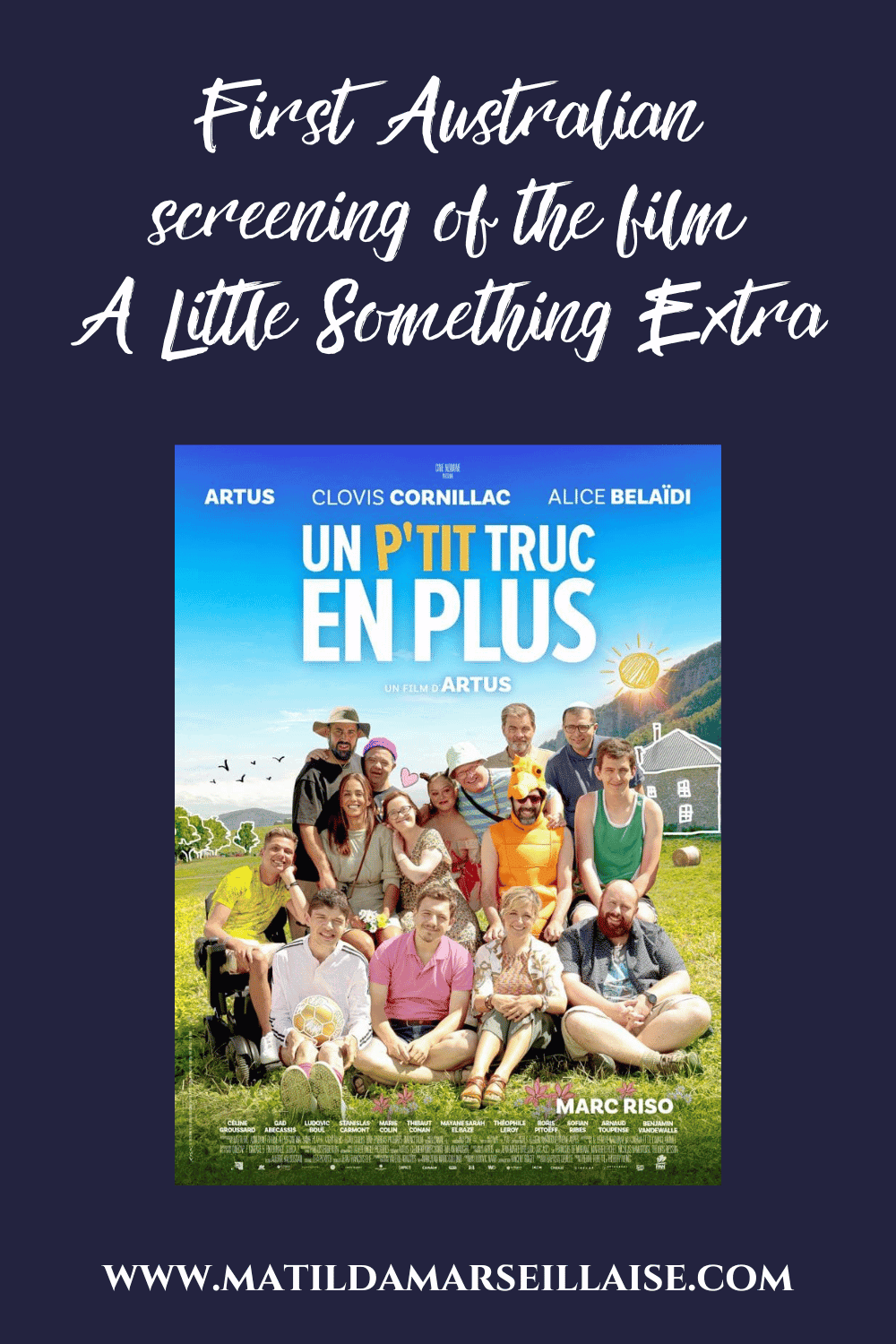French conductor Guillaume Tournaire, is currently in Sydney for Opera Australia’s production of Don Giovanni. He has been to Australia working with Opera Australia several times. We speak to him about Don Giovanni, opera and him. Read our interview with Guillaume Tournaire below.

Guillaume Tournaire, you’re in Australia for Opera Australia’s production of Don Giovanni for which you are the conductor. Tell us a little about this production.
This show was conceived by the famous director David McVicar who was invited by Opera Australia to produce a new (and magnificent) production of what is called the “Da Ponte Trilogy“. After having composed numerous operas such as Idomeneo or The Abduction from the Seraglio, Mozart collaborated three times with the librettist Lorenzo da Ponte. This extraordinary encounter left us with three masterpieces, Le Nozze di Figaro (1786), Don Giovanni (1787) and Così fan Tutte (1790).
After having already directed this trilogy for The Royal Opera House (Covent Garden) in London, David McVicar has directed a new production for the Sydney Opera House. I have already had the pleasure and privilege of conducting Le Nozze di Figaro [The Marriage of Figaro] for Opera Australia (in 2016 and 2019), and it is with great emotion that I return to Sydney for this [production of] Don Giovanni.
You have worked with Opera Australia on several productions since 2011 but Don Giovanni will be your first performance in Australia since COVID, I believe?
As for most of us (and not only musicians…), life seems to have stopped for close to two years. For many families, this period was very difficult, even tragic. It has shown us how fragile life is, and how our behaviour and the future of humanity must now be our constant concern.
What do you appreciate about Opera Australia’s work?
Its excellence! But also, and above all, the wonderful humanity that lives in the heart of each of its members, whether they are singers, musicians, technicians, administrative staff… I admire this company enormously.
Why did you decide to become a conductor?
I don’t really know myself, but it was a childhood dream. Although there is no musician in my family, for as long as I can remember, I have always dreamed of doing this job. As a child, I sang in a very Amateur choir (with a capital A) in a small town in Provence, and the pleasure I felt every Saturday in sharing music with others undoubtedly led me to this path.
And what led you to opera specifically?
The beauty of the human voice, and the richness and complexity of the exchanges and feelings that are shared throughout the development of a production. It is undoubtedly the most complex expression of the performing arts, combining creation, tradition, music, theatre, literature, visual arts, dance, technology… The life of an opera company also resembles in many ways that of a circus, where we share long periods of rehearsal together, in which each must be attentive to the other.
What are the qualities required to become a conductor?
Of course, one must have a solid musical education, play one or more instruments, have as much knowledge as possible, and know perfectly well the scores one chooses to conduct… but that is not the main thing. Unlike a teacher who, in principle, addresses students who expect him to teach them, a conductor is surrounded by musicians who all have tremendous talent and a great musical background. His mission is not to teach them anything, but to communicate his own passion, his own perception of a work while soliciting their interest and making them listen to each other. When the magic happens, you really get the impression that the orchestra is on fire and that there is nothing more beautiful in the world…

You also studied piano. Do you still play it?
Yes and no… I still play the piano regularly, but only to work on my orchestral scores or possibly to rehearse with a singer. Unfortunately, I don’t have the time to work on my technique as I used to, and I don’t want to play in concerts anymore.
In addition, you have also written your own versions of the music of Grieg, Mozart, Mahler, Prokofiev, Damase among others. Tell us a little about this experience.
I believe that one of the greatest qualities should be curiosity in everyone. I have always enjoyed going to libraries to look for little or unknown scores, just to read them and eventually play them in public. On that note, in Australia, I was lucky to record with the Victoria Orchestra of Melbourne and the Brisbane Symphony Orchestra, works as magnificent as unjustly unknown (until then) by Louis Vierne or Camille Saint-Saëns. I am excited about two major projects for this new year. In October and December 2023, I will conduct two fantastic (forgotten!) operas by Camille Erlanger (1863-1919): L’Aube Rouge (at the Wexford Festival) and La Sorcière (in Geneva)!
Do you ever feel like playing music and not conducting it?
A few years ago, I used to play a lot of chamber music with friends. I miss it very much, but life is like that and I am so lucky to be conducting that it would be inappropriate to complain.
How many hours of rehearsal do you do with the orchestra before the opening night? I imagine the musicians must all be fairly familiar with the score by the time you arrive in Australia?
I don’t just rehearse with the musicians… For a new production, we usually have four weeks of musical and stage rehearsals with the singers and a pianist. Then we have a few reading sessions with the orchestra alone, and then the singers and musicians are reunited a few days before the premiere. Whether or not the score is known to the orchestra, we always have reading sessions to find the colours together, an interpretation, and of course, the musicians all arrive already perfectly prepared before the first rehearsal.
You have conducted orchestras all over the world – in France, Switzerland, Italy, Germany, Poland, Austria, Russia, Portugal and even South Korea – what has been the highlight of your career?
I couldn’t possibly single out one production above all others. However, I can remember many strong emotions that I experienced here and there, for one reason or another, which is not always related to the musical quality alone. Since we are in Sydney, I can’t help but think of the wonderful productions I conducted here of Eugene Onegin, Faust, Thaïs, Figaro, shared with Nicole Car.
What is your favourite opera to conduct? Do you have a favourite composer?
It’s always the one I’m rehearsing or conducting… When you go on stage, you always have to do it with the thought that it could be the last time in your life.
Are there scores that are extremely difficult to conduct?
Yes, alas,… those that are less great… Often the difficulty is not where you think it is…
Why should people come to see Opera Australia’s production of Don Giovanni this January and February?
The more years go by, the more experience I have, the more it seems to me that Mozart is the light that enlightens us. His music is the very outpouring of life. The laughter that overcomes all darkness. The most fragile and profound humanity.
Our societies seem to be finally discovering the horrors and abuses of macho behaviour… but as early as 1787, Mozart and da Ponte had Donna Anna, Donna Elvira and Zerlina testify to the abuses of Don Giovanni. Long before the MeToo movement… and far above the gutter talk of social networks, their denunciation stuns us with its strength and elevation.

Anything else you’d like to tell us about yourself, about opera in general or about this production of Don Giovanni?
Perhaps a word of advice to those who have never heard opera before… Come and discover Don Giovanni… you will be astounded, stunned (among other wonders), by the evocative power of the final scene, where two titans, Don Giovanni and the Commendatore, confront each other until the annihilation of evil.
KEY INFO FOR DON GIOVANNI
WHAT: Don Giovanni presented by Opera Austalia
WHEN:
- Tuesday 10 January, 7pm
- Saturday 14 January, 12pm
- Tuesday 17 January, 7pm
- Thursday 19 January, 7pm
- Saturday 21 January, 7pm
- Wednesday 25 January, 7pm
- Saturday 28 January, 7pm
- Thursday 2 February, 7pm
- Thursday 9 February, 7pm
- Friday 17 February, 7pm
WHERE: Joan Sutherland Theatre, Sydney Opera House
HOW: Buy tickets via the Opera Australia website: https://opera.org.au/productions/don-giovanni-sydney/
HOW MUCH: Adult tickets from $81 plus a $9.80 booking fee
—
Cathy Di Zhang stars in Don Giovanni too. Read our interview with her when she starred in State Opera South Australia’s production of Bohème on the Beach
For other events with a French connection, read our What’s on in January article





